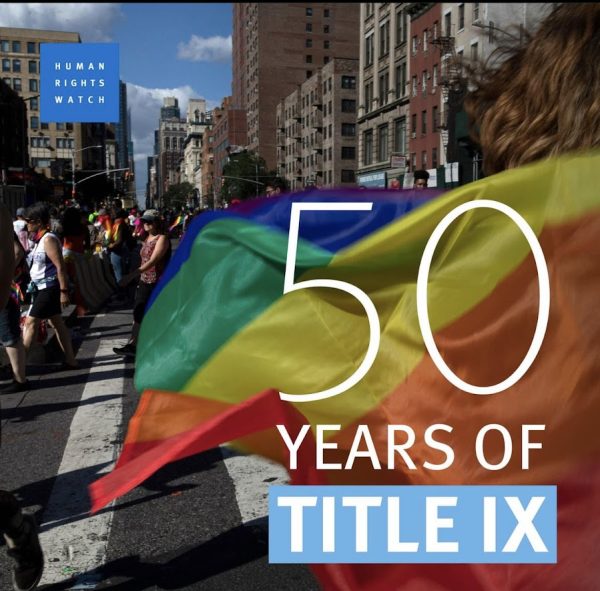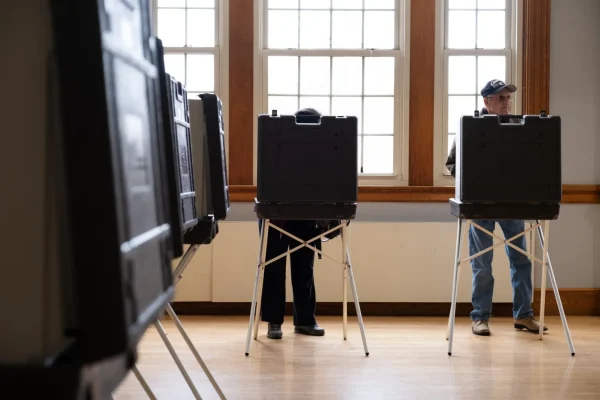Is the U.S. ready for booster shots, or is it too soon?
Perspective
On Sept. 21, during the United Nations’ (U.N.) 76th Session in New York, U.N. Secretary-General António Guterres said that despite the world’s progress with vaccines, wealthier countries like the U.S. get an “F in ethics.”
Guterres said that more than 90% of Africa has yet to receive a single dose of the COVID-19 vaccine. This comes at a time when multiple countries, including the U.S., are starting to roll out booster shots.
When large portions of the world are still unvaccinated, should the U.S. go forward with booster shots?
The nation is faced with an ethical dilemma. On one hand, booster shots are scientifically proven to mitigate the spread of COVID-19; on the other hand, there are still billions across the globe who are at a significantly increased risk for COVID-19 without access to vaccines.
Increasing global vaccine distribution would also benefit people in the U.S. As long as COVID-19 is spreading in other parts of the world, it is still a risk in the U.S. because we need to reach herd immunity.
According to Dr. Manisha Juthani from Yale Medicine, “For the variants in the U.S., these vaccines will continue to work against them,” but if we let the pandemic run wild elsewhere, there will likely be another variant, “against which the vaccines will be less effective.”
Essentially, in countries with high COVID-19 rates, variants will continue to pop up, subsequently increasing the spread of the pandemic here in the U.S. By increasing vaccine access in other countries, we can reduce the spread of COVID-19 in both the U.S. and the world.
That means we’ll need to alter our vaccine approach to create a balance between domestic and international vaccine needs. To do so, it will be necessary to drastically increase the amount of vaccine aid to other countries.
President Joe Biden promised to do so at the summit.
“To beat the pandemic here, we need to beat it everywhere,” said Biden, after announcing that the U.S. will double its vaccine donations, and move more than one billion doses of the Pfizer vaccine.
While this shows that we are moving in the right direction internationally, we still have domestic issues to sort out before proceeding with the booster shots. There is still a concerning number of anti-vaxxers who continue refusing available vaccines.
According to Forbes, states such as South Dakota and Idaho have vaccine refusal rates of more than 30%, which contributes to higher COVID-19 cases in certain areas of the country. Perhaps, in addition to implementing booster shots, we should pay more attention to getting the American population vaccinated.
The U.S.’ main focus should not be on booster shots; first, we must ensure that Biden sticks to his promise of vaccinating other parts of the world, as otherwise, we’ll never be able to escape this pandemic.

Samuel Weinmann is a passionate journalist who is a junior international affairs major at the University of New Haven. As the editorial head of the Charger...









